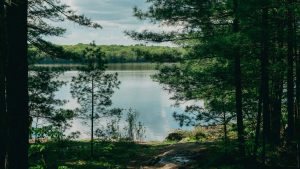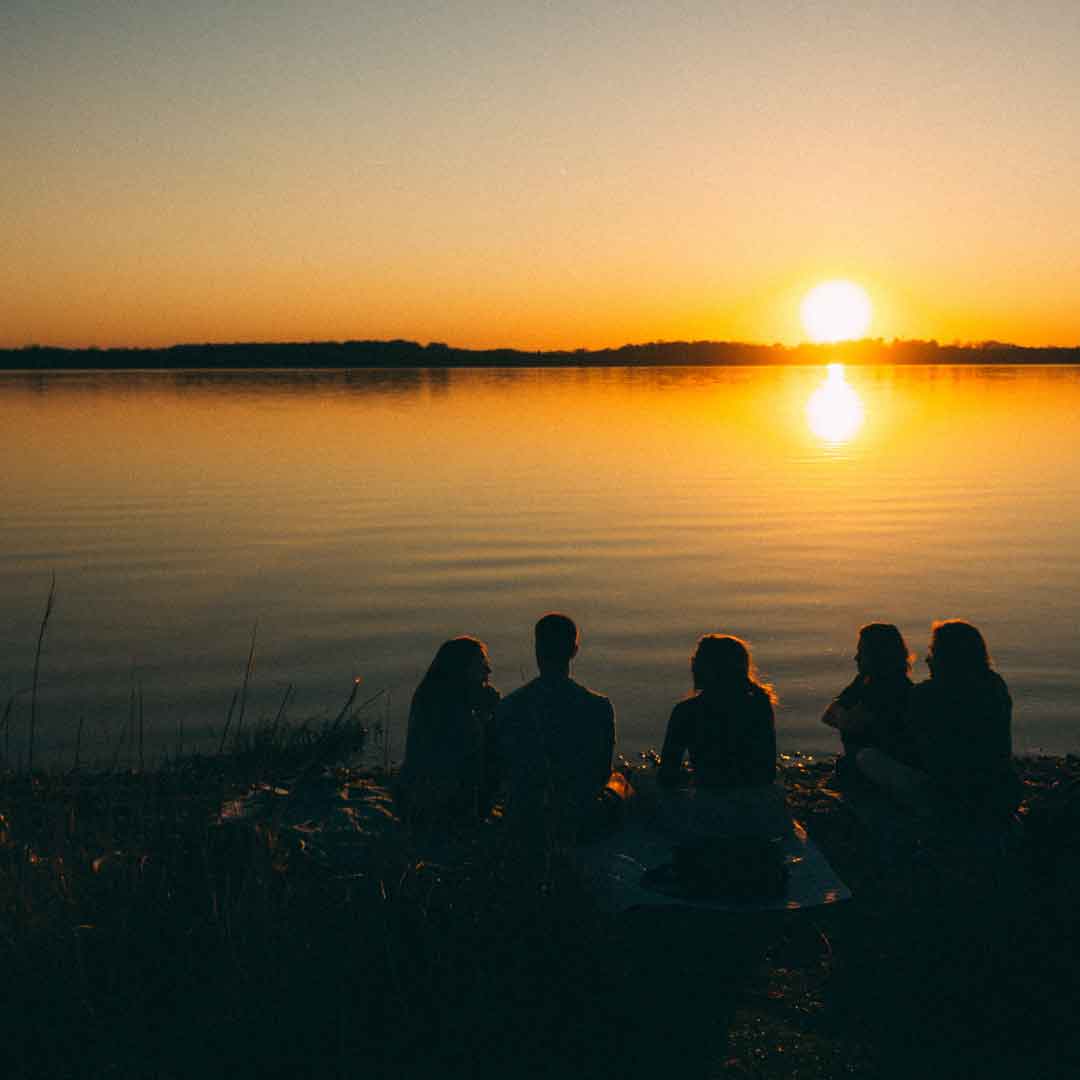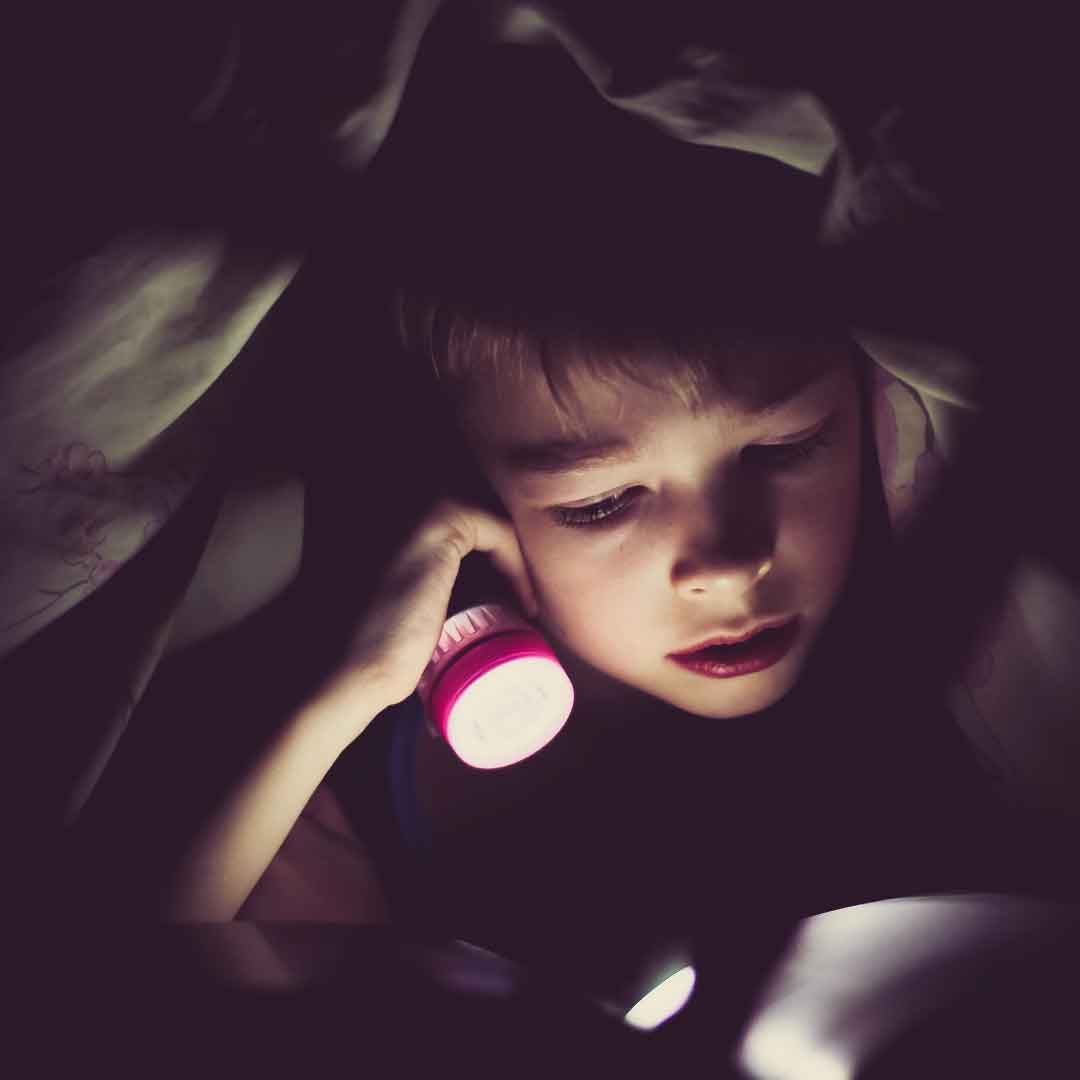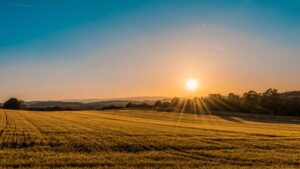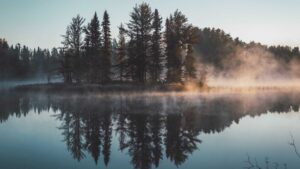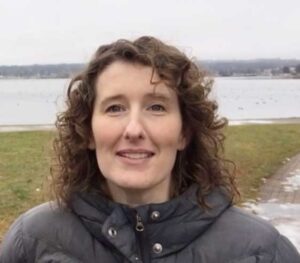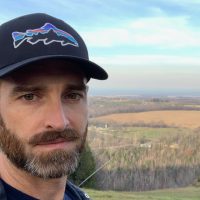In a Climate Emergency, ‘all hands on deck’ includes my own
After graduating from grad school into a pandemic, I had risk of contact on the top of my mind when looking for work, in addition to the usual imposter syndrome.
I had already decided that I wanted to get involved in my community and direct my career (whatever a ‘career’ is now) towards climate justice. We’re in a Climate Emergency and ‘all hands on deck’ includes my own.
The thing is, for those of us who aren’t very extroverted, getting out there and acting is intimidating, (add climate anxiety and/or mental health issues to that and it’s downright immobilizing).
Then I found an opening at a local organization, SCGC. I didn’t know what I was in for, but I knew that helping youth get engaged through a grassroots organization was something I couldn’t pass up. This is exactly what I was looking for – a chance to do something in my community.
Getting into local advocacy
I had studied place-based education and similar ideas, so I knew the local level was important and where I wanted to direct my energies. But local advocacy can be hard to break in to.
Some things I’ve learned from my time with SCGC is the impact of municipal decisions on the climate and environment, largely through land-use planning. It’s so important for us to get involved and influence these local decisions, because collectively, they impact about half of our domestic carbon emissions – not to mention the social impacts. Local politics and planning are hugely underestimated.
But this means that mobilizing and advocating locally can have a massive impact on those decisions too – in emissions reduction and environmental protections, but also in housing, transportation, public health, Indigenous rights, social justice, and ultimately, what our communities are going to look like in the future. This is especially important to young people.
Strength in community
I also learned how critical it is to get out and find people that you can be in community with.
When you’re feeling all of the feelings that come with being in an emergency that most people in your life aren’t even acknowledging, finding others who care is one of the best things for your wellbeing and your ability to start doing the work.
We need major relationship building happening across all parts of our communities to create that foundation for the social capacity to change.
Find people who support you and your learning.
Find people who do their best to model the changes we need to make.
Find people who make you feel more confident in your ability to do this work, in whatever capacity you find yourself doing it in – because you can do it.
There’s a lot of work to be done, and it has to be done together.
It’s not always easy to find an ‘in’ to local advocacy, but it’s worth it.
There are barriers for young people, but organizations can work to address and dismantle them. It might take a while to find a space that’s a good fit for you, and what advocacy looks like for you will likely change over time.
There's a role for every one of us
The point is that there’s a role for every one of us in this story.
The Climate Emergency is here, now; we have to act as though this is an emergency.
If you feel climate anxiety, harness that to get out of your comfort zone and do something. Find your place(s) in this climate story.
Becoming in relation to others is a good way to find this. I will be continually finding my place in this story, with my role changing as the narrative changes.
Start small, follow local organizations on social media to see the work being done in your community, then see how you can help with your skills, or just as an extra set of hands.
Read up on local issues, on local news websites. How do your interests intersect with climate? I guarantee you they do, even if it’s not obvious at first.
How can you, in your work, school or hobby, create a space for climate action and for dialogue about possibilities for a different future?
"How can you, in your work, school or hobby, create a space for climate action and for dialogue about possibilities for a different future?"
Transformative change
In a neoliberal, individualistic society, simply building reciprocal, caring relationships with one another, the plants and animals, is activism. Relating to the world in a non-extractive, equitable way is transformative.
When we can bring these other ways of existing into the world and advocate for doing things differently – because what our society has been doing isn’t working and never did – we can start building something different.
Making connections to others and between parts of our lives paint a clear picture of what we’re doing wrong. From these connections, we can reimagine and rebuild something better. A different vision of the future that isn’t a dystopia, but a future where we changed our priorities, our systems and our values. Issues are interconnected – we need collaboration across issues, sectors and people so that we can work together to envision and advocate for just, sustainable communities, and indeed, build them.
Building community, building the future.
Thank you to everyone involved with SCGC.
Kelly, signing off.
